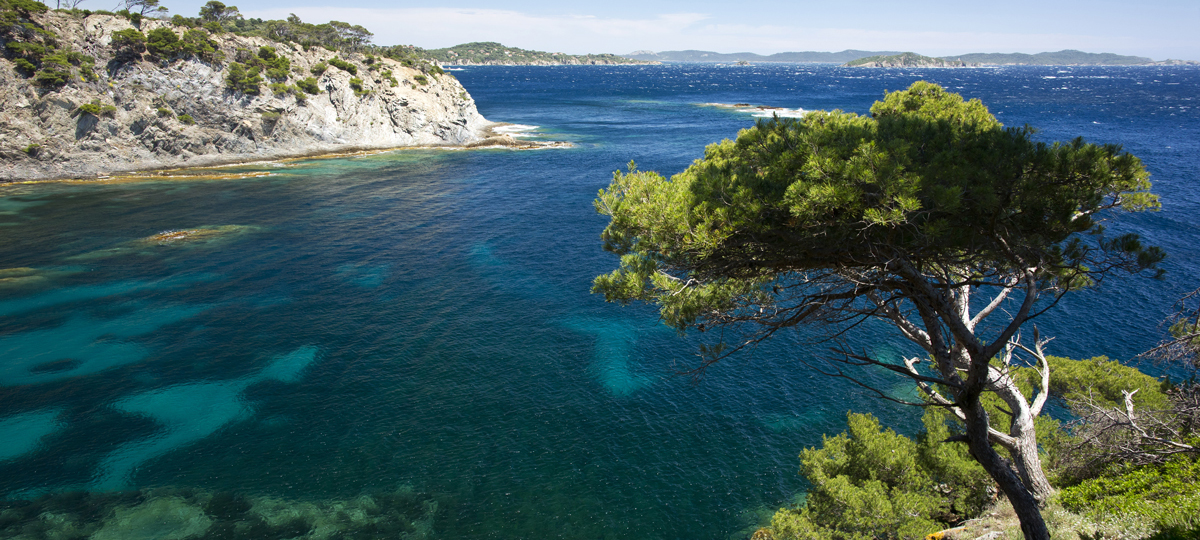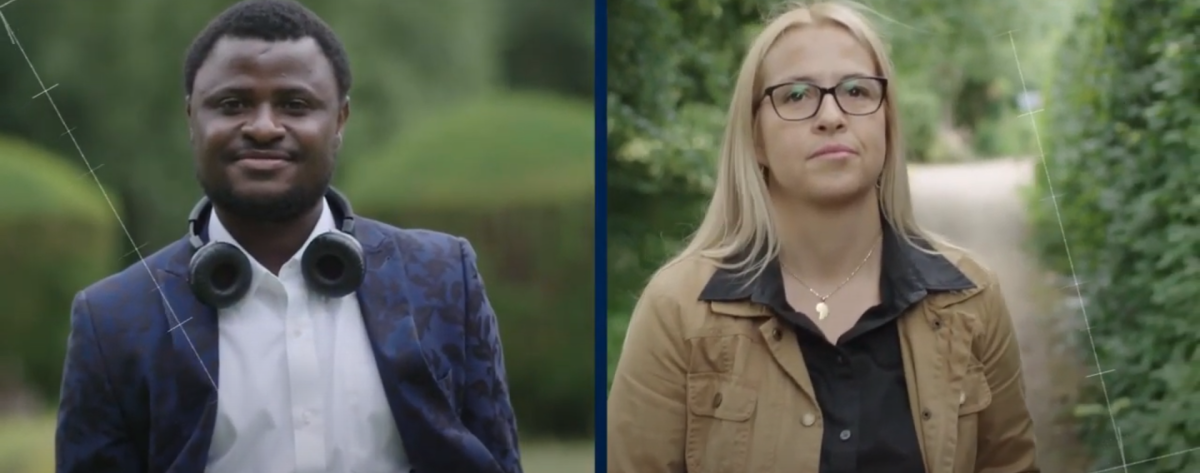Summer study: eceee 2017
Every two years, the south of France hosts the European Council for an Energy Efficient Economy (eceee) Summer Study. This is a five-day conference bringing together over 450 participants to debate the challenges of transitioning to a low- carbon future.
The broad theme of this year’s conference was Consumption, efficiency and limits with keynote speeches from Tim Jackson (Professor of Sustainable Development at the University of Surrey) on how society can live well within the limits, Ernst von Weizsäcker (Co-President of The Club of Rome) on addressing the challenge of delivering on the Paris agreement through pricing mechanisms, and Lily Zhao (Deputy Director and Secretary-General of the ESCO Committee of China Energy Conservation Association) on China’s progress at achieving its ambitious energy efficiency targets.
Several members of the Integrate Programme attended the Summer Study:
- Phil Grunewald presented a paper on the development of a new app that efficiently captures time- use behaviour alongside household electricity consumption.
- Eoghan McKenna and Sarah Darby presented a paper on the question: How much could domestic demand response technologies reduce CO2 emissions? The paper argues that the carbon impact of residential demand response technologies may be negligible or even negative, unless structural change in the power system occurs, such as changes to the dispatch and decommissioning of generation. It highlights the added value of demand aggregators in the domestic sector.
- And informal sessions were organised by Eoghan McKenna, Sarah Higginson and Sarah Darby on residential PV self-consumption across EU, engaging people in demand response, and what ‘doughnut’ economics could look like in practice.
All papers, presentations and displays from the conference are available online.




